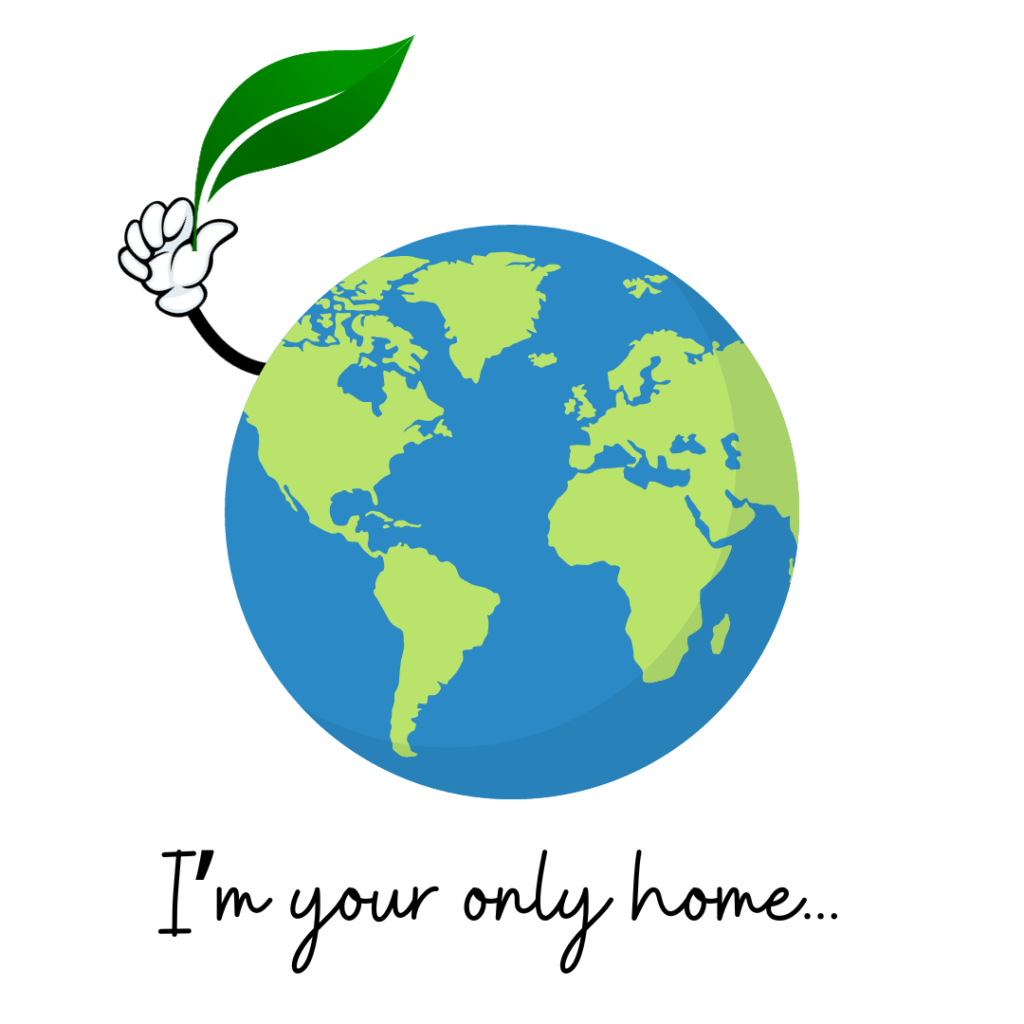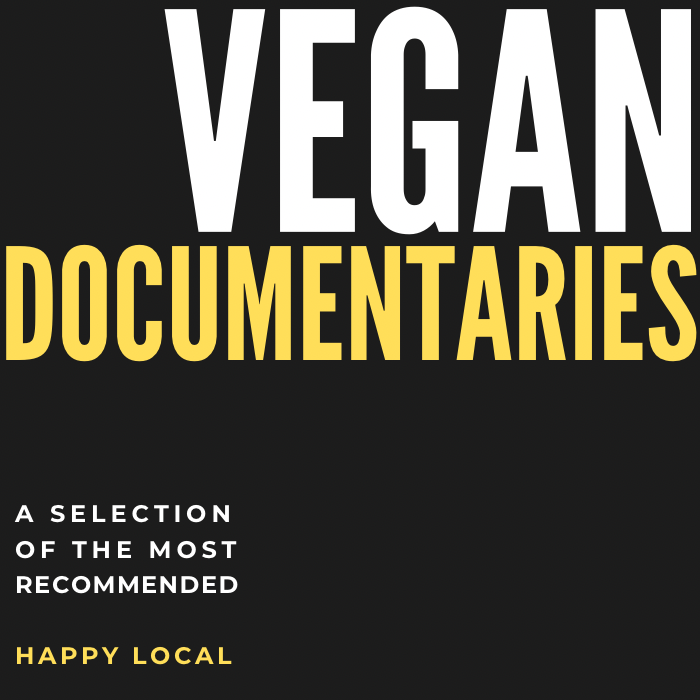Our life is based on natural resources. Natural resources in the form of materials, water and energy, as well as the land available to us on Earth, are the required resourses of all living beings on our planet. We humans are also part of nature.
What's overconsumption ?
Overconsumption refers to the excessive or extravagant use and acquisition of resources, goods and services, often beyond what is necessary for individual well-being or societal sustainability.

This phenomenon has become a significant issue in many parts of the world and is associated with several key aspects:
- Consumerism: Overconsumption is closely tied to consumerism, which promotes the idea that acquiring and consuming material possessions leads to happiness and fulfillment. Advertising and marketing play a substantial role in encouraging people to buy more than they need.
- Resource Depletion: Overconsumption of natural resources, including energy, water, and raw materials, leads to resource depletion. This has a detrimental impact on the environment, contributing to issues like deforestation, overfishing, and climate change.
- Waste Generation: As people consume more, they generate more waste. This leads to environmental problems such as pollution and overflowing landfills. It’s a significant contributor to the global waste crisis.
- Economic Implications: In some cases, overconsumption is driven by the desire to keep economies growing. While economic growth is essential, overconsumption can lead to economic instability and inequality.
- Social and Psychological Consequences: Overconsumption can have negative social and psychological effects. It may lead to financial stress, debt, and a lack of personal fulfillment. Moreover, it often results in a never-ending cycle of acquiring more to achieve satisfaction.
- Global Equity: Overconsumption is often more prevalent in developed countries, while many parts of the world still struggle with poverty and insufficient access to basic necessities. This exacerbates global inequalities.
- Environmental Degradation: Overconsumption contributes to the degradation of natural habitats, deforestation, pollution of air and water, and the loss of biodiversity. This has far-reaching consequences for ecosystems and the planet as a whole.
Efforts to address overconsumption often involve promoting sustainable living, responsible consumer choices, and reducing waste. Sustainable practices aim to strike a balance between individual well-being and the planet’s long-term health. This includes embracing minimalism, conscious consumerism, and supporting eco-friendly products and initiatives. Governments and organizations also play a role in developing policies and regulations that promote responsible resource use and reduce overconsumption’s harmful effects.
How Zero Waste lifestyle can help us to solve overconsumption?
Zero waste practices can play a significant role in fighting overconsumption by encouraging more responsible and sustainable consumption habits. Here’s how zero waste contributes to this effort:
- Mindful Consumption: Zero waste living promotes mindfulness about what we consume. It encourages individuals to assess their actual needs and reduce their reliance on unnecessary or disposable products. By considering each purchase and whether it aligns with a zero waste lifestyle, individuals can reduce impulsive buying and overconsumption.
- Less Packaging Waste: One of the primary goals of zero waste is to reduce packaging waste. This includes avoiding single-use items, excess packaging, and disposable products. By reducing the waste associated with products, zero waste practices naturally encourage consuming less.
- Quality Over Quantity: Zero waste living often prioritizes the purchase of higher-quality, longer-lasting items. This mindset shift from “buying more” to “buying better” discourages the constant replacement of products and encourages consumers to invest in durable, sustainable goods.
- Repurposing and Repair: Zero waste enthusiasts often embrace the idea of repurposing and repairing items rather than discarding them when they are slightly damaged or no longer needed. This reduces the cycle of “use and dispose,” which is characteristic of overconsumption.
- Minimalism: Zero waste living is closely related to minimalism, which emphasizes owning only what is essential for a fulfilling life. By adopting minimalistic principles, individuals tend to declutter and simplify their lives, which naturally leads to less consumption and a focus on what truly matters.
- Community Sharing and Borrowing: Zero waste communities often engage in sharing and borrowing programs, where individuals can borrow items they need temporarily instead of buying them. This reduces the need for owning an abundance of rarely used items.
- Long-Term Sustainability: Zero waste living encourages a long-term view of sustainability. Instead of seeking short-term gratification through consumption, individuals consider the long-term environmental impact of their choices. This leads to more sustainable and eco-friendly choices.
- Sustainable Practices: Zero waste practices often go hand in hand with sustainable living, including supporting ethical and sustainable brands, reducing energy and resource use, and making eco-conscious choices.
- Educational Component: Zero waste living comes with an educational aspect that raises awareness about the consequences of overconsumption. It encourages individuals to think critically about their impact on the environment and society.
By promoting these principles and practices, zero waste living helps individuals become more responsible and sustainable consumers. It fosters a shift away from overconsumption and toward a more balanced and mindful approach to acquiring and using goods, ultimately contributing to a more sustainable and ecologically responsible lifestyle.
Help the sustainability of planet
Don’t forget the 3 R of sustainability which also help to stop overconsumption. { Reuse, Repair, Recycle }
Happy Local






